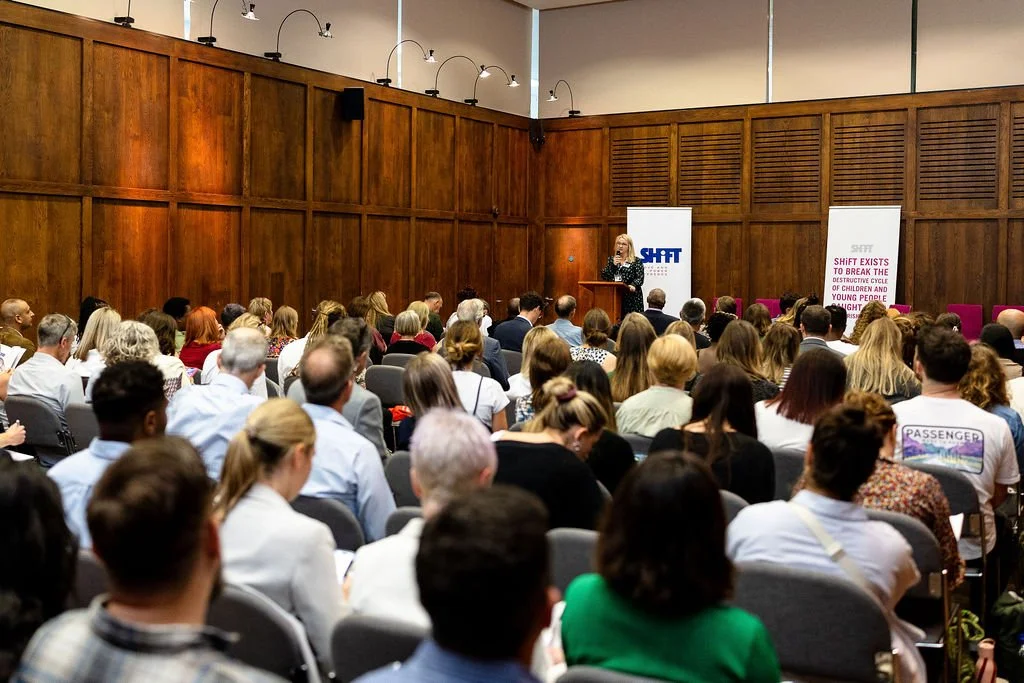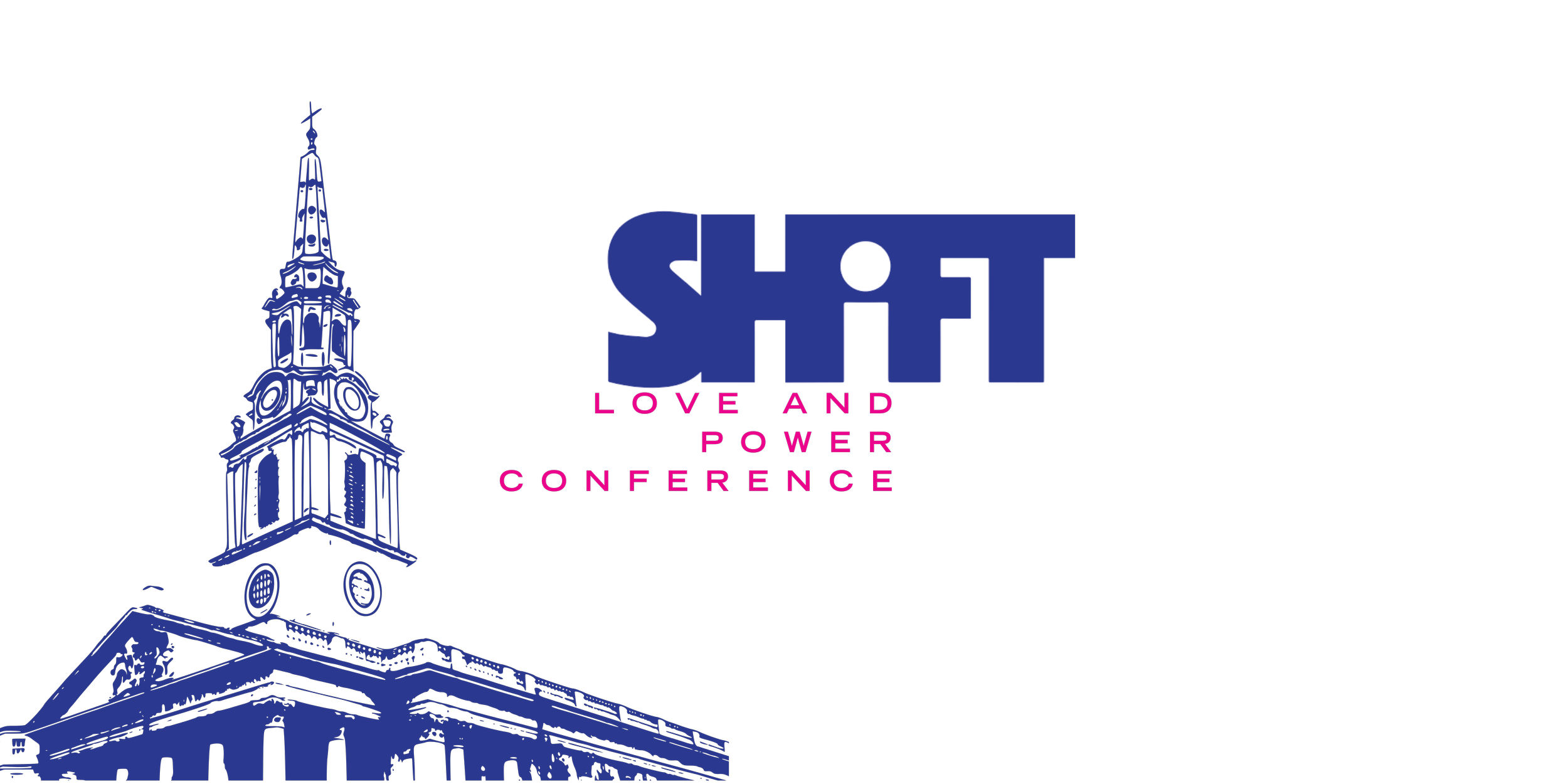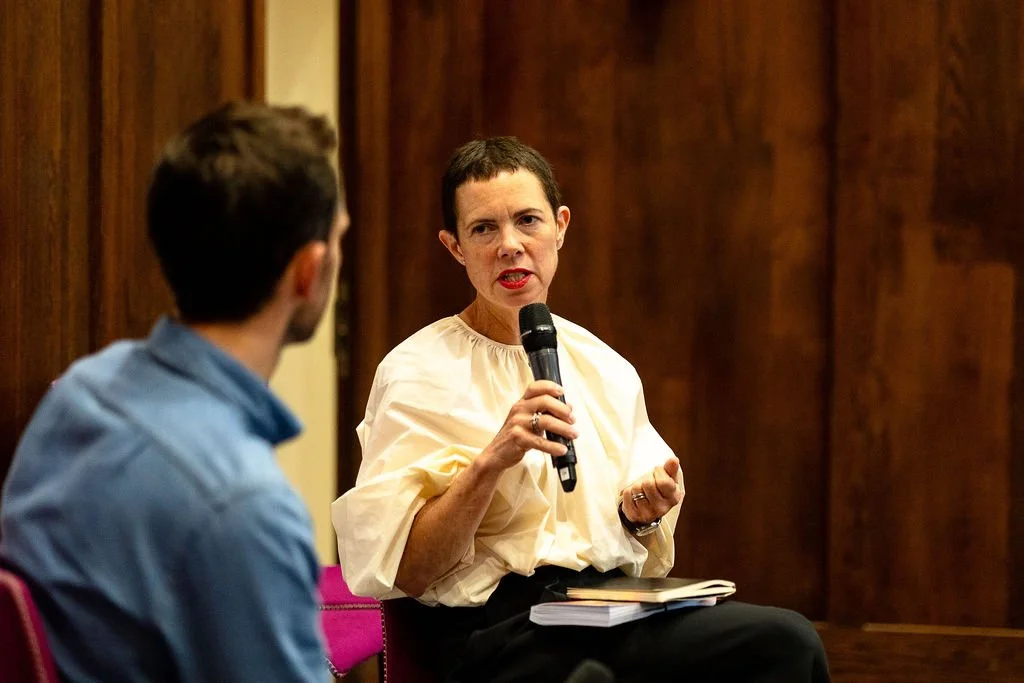-
SHiFT exists to break the destructive cycle of children and young people caught up in, or at risk of, crime. We do this by building consistent and trusted relationships with young people and everyone important in their lives, using the Breaking Cycles ingredients to inform all aspects of our systemic, anti-racist and anti-oppressive practice.
SHiFT is scaling high impact ‘insider-outsider’ Practices across the UK, with the aim of demonstrating that it is possible for practice, including within statutory services, to be delivered differently to secure better, long term, safeguarding, public protection, and fiscal outcomes.
Through practice, and evidence of its impacts, we seek to influence policy and practice locally, regionally, and nationally so that SHiFT becomes business as usual within existing teams and structures. Our aim is to become the way of working with vulnerable adolescents across all services relevant to their lives.
Find out more here.
-
Though we sometimes use different language to describe it, there is growing cross-disciplinary consensus that the right sort of relationships between practitioners, children and young people, and services designed to prioritise and enable these relationships, are ‘the magic’ in enabling growth and change. This includes practitioners’ work with children experiencing adversity, risk, and challenge, whether that be in school, the home, in family or peer relationships, or in the community.
The ‘right’ sort of relationship is variously described as ‘with and alongside’ rather than ‘done to or done for’, and ‘high support and high challenge’, combining ongoing positive regard – an underlying belief in the person’s worth, dignity and potential – with power – enforced expectations, boundaries, and consequences.
To put relationships at the heart of change making, is to see relationships as the most critical mechanism for enabling change and to locate opportunities for change relationally and contextually, while also attending to opportunities for change within the individual.
Practitioners working with children and young people, whether teachers or social workers, youth justice officers or youth workers, are all always, in a sense, treading a tightrope of love and power in their practice. They must become experts in developing these relationships and mobilising them in support of a child’s safety, wellbeing, and achievement, in operational and organisational contexts that are rarely optimised to enable this work. The challenges of walking this tightrope and staying relationship-centred can become especially pronounced in moments of crisis which include moments where children and young people cause, or are thought to be at risk of causing, serious harm to themselves or others. We see particular challenges – and opportunities – in the duality of practitioners holding both the support and challenge/enforcement functions as part of their work.
In locating opportunities for change contextually and relationally practice can come into sharp tension with underlying structures and cultures within public services that are antagonistic to this way of practicing. As Carlene Firmin and colleagues have recently described, these foundational assumptions and contexts – ‘ruling relations’ – include (1) individualism – structures and cultures that prioritise the assessment of individuals who are case managed or receive interventions with the aim of creating a sense of control; (2) a focus on mitigating risk/threat over a focus on creating safety or maximising wellbeing, expressed through thresholds and arising challenges in accessing resource where risk-based gate keeping criteria are not met; (3) tensions between (criminal) justice outcomes and children’s interests; and (4) institutional and structural discrimination, including racism and under-resourcing, that are often unaddressed and sometimes reproduced by safeguarding systems, which ignore the structural/system drivers of harm.

On 7 July 2025, SHiFT convened Love and Power: a gathering of practitioners, researchers, and policy makers committed to exploring the dilemmas that arise when we work at the ‘gritty’ intersection of love and power in work with children and families living in complex circumstances, including circumstances that place them at risk of conflict with the law.
We gathered with three purposes in mind:
To explore how we navigate the balance of love and power in work with children and young people, sharing experiences and ideas for how we lean into the complexity of holding and doing both.
To share insights and learn about perspectives from across different disciplines and organisations, including justice, social care, and education.
To contribute to the building of relationships and understanding from which a shared community of practice can grow and influence policy and practice change.
We have produced a short report which draws on recordings and notes from across the day, seeking to summarise key ideas and debates in a way that we hope is useful to people who attended the conference as well as people who did not, but we hope will be interested to join us next year.
Photographs by Becky Wood
Illustrations by Tom Bailey
f i v e b i g
t h e m e s
1) Language shapes what and how we see, and what and how we do.
2) Deep sustained change that outlives individual change makers needs leaders that distribute responsibility and control.
3) Relational practice is about building networks of relationships that de-centre the practitioner.
4) Our best work happens when we hold uncertainty and stay in the complexity, challenging and displacing risk-based language and expectations.
5) Navigating, scaffolding, and transforming resistant systems.












